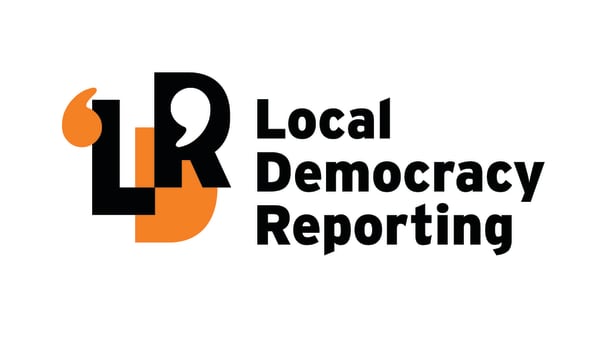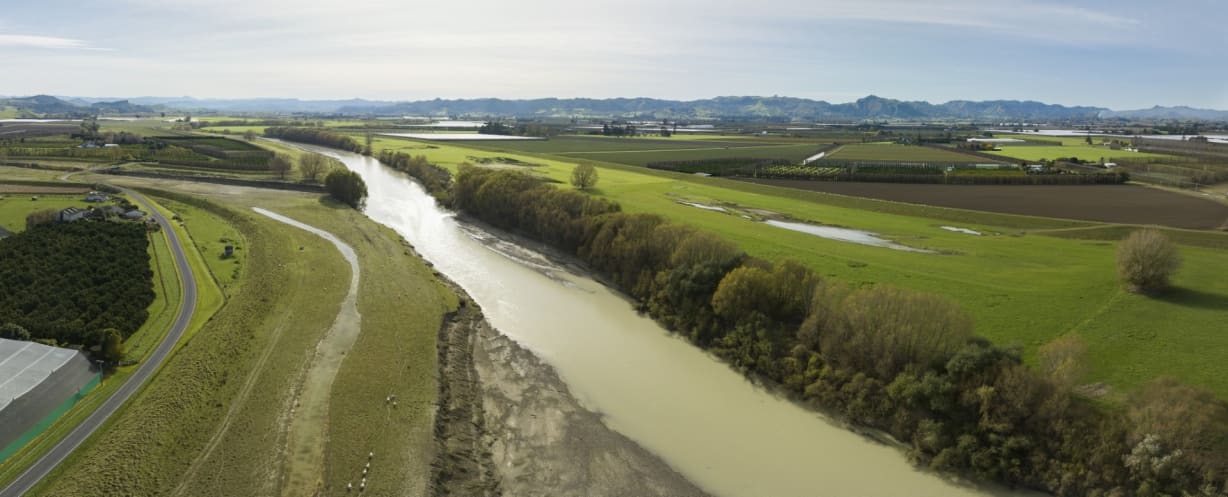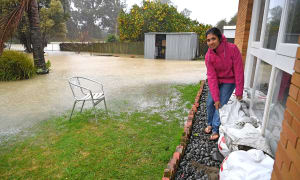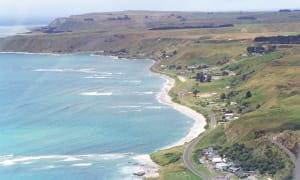A revamp of Gisborne’s planning rules has sparked debate on how to balance the protection of the natural environment against the region’s economic needs.

Gisborne District Council is developing a new Tairāwhiti Resource Management Plan (TRMP), which will help guide how the council manages the region’s natural resources, including urban development.
However, Federated Farmers has expressed concern with making plans now which might then be superseded by planned Government reforms, as this risks wasting ratepayers’ money.
Councillors discussed various over-arching frameworks during the first TRMP committee meeting last Thursday.
The majority of councillors chose to further investigate the framework of “Ki uta ki tai” as a Tairāwhiti interpretation and policy framework.
The policy would recognise the interconnectedness from “mountains to sea” and consider the impact of council decisions on the entire ecosystem.
“Our economy is agricultural and will be very affected by what we do [in this plan],” Councillor Colin Alder said.
Speaking with Local Democracy Reporting today, Federated Farmers provincial president Charlie Reynolds said councils needed to be careful when considering a policy framework approach.
“While we support an approach that recognises the interconnectedness of the environment, we also think it’s very important to recognise the interconnectedness of the environment with community wellbeing, including economic wellbeing.
“For sustainable and thriving communities, you can’t prioritise one aspect over another. Every decision must be made on its merits and in balance,” he said.
The Government had indicated it would review the national direction councils were operating under for freshwater, and it was also intending to replace the entire Resource Management Act, he said.
“If the council moves ahead with a new freshwater plan now, there’s a lot of risk that ratepayers’ money is wasted — as revised central government policy will require yet another freshwater plan in just a few years,” Reynolds said.
Council sustainable futures director Joanna Noble told LDR they must balance healthy waterways with community needs, address water supply challenges, and also plan for resilience in the face of climate change and population growth.
The council will continue with this important mahi irrespective of government policy and reforms, she said.
“It’s too important for our region not to start the planning now,” she said.
During the meeting, Councillor Aubrey Ria recommended the option of Ki uta ki tai and said that it was important to investigate Tairāwhiti interpretations.
Councillors Rob Telfer and Alder said they struggled with the economic part of the discussion not being included in the direction.
“If we’re going to fix our environment then we’re going to have to pay for it somehow,” Telfer said.
Mayor Rehette Stoltz said the plan was aspirational.
“From the top, we are saying we want a healthy Tairāwhiti, and then the policies will fall out of that.”
During the meeting, Noble said there would be tension points as the council grappled with this process.
“There might be a principle that guides our plan-making but then there might come a point where we need a regionally significant infrastructure, or we will no longer function as a region.
“And that may have an adverse effect on a natural environment.”
Deputy Mayor Josh Wharehinga said the Resource Management Act was about the sustainable management of our environment.
“We can’t have people without environment, and we can’t have an economy without people,” he said.
The majority voted in favour of considering “Ki uta ki tai” as the over-arching framework of the committee.
Councillor Larry Foster, who voted against it, said the interpretations needed to be clear, and the options were too vague for him to vote on.
The TRMP committee members included the mayor, deputy mayor and four councillors.
There will also be up to six iwi-appointed members (who are yet to be nominated), and two independent commissioners, Sarah Stevenson and Alan Matheson.
Stoltz said in a statement that she was delighted to have the two independent commissioners on the committee.
“While both have comprehensive backgrounds in resource management planning and oversight and live outside the region, they have had considerable involvement and understanding of this region,” she said.






